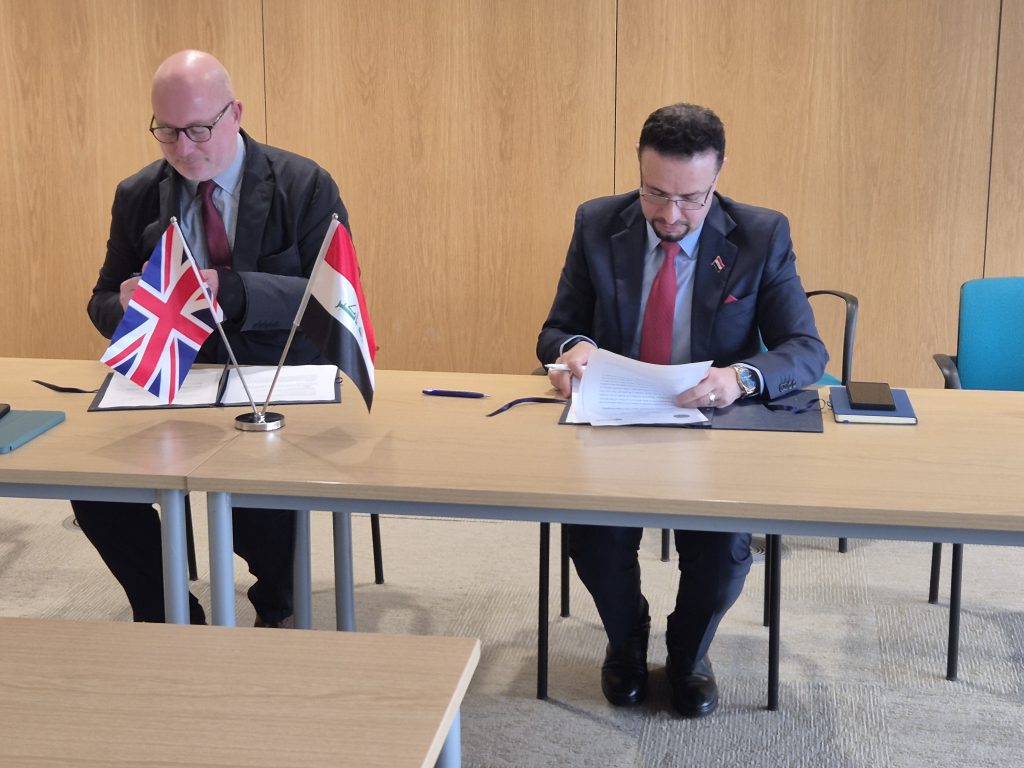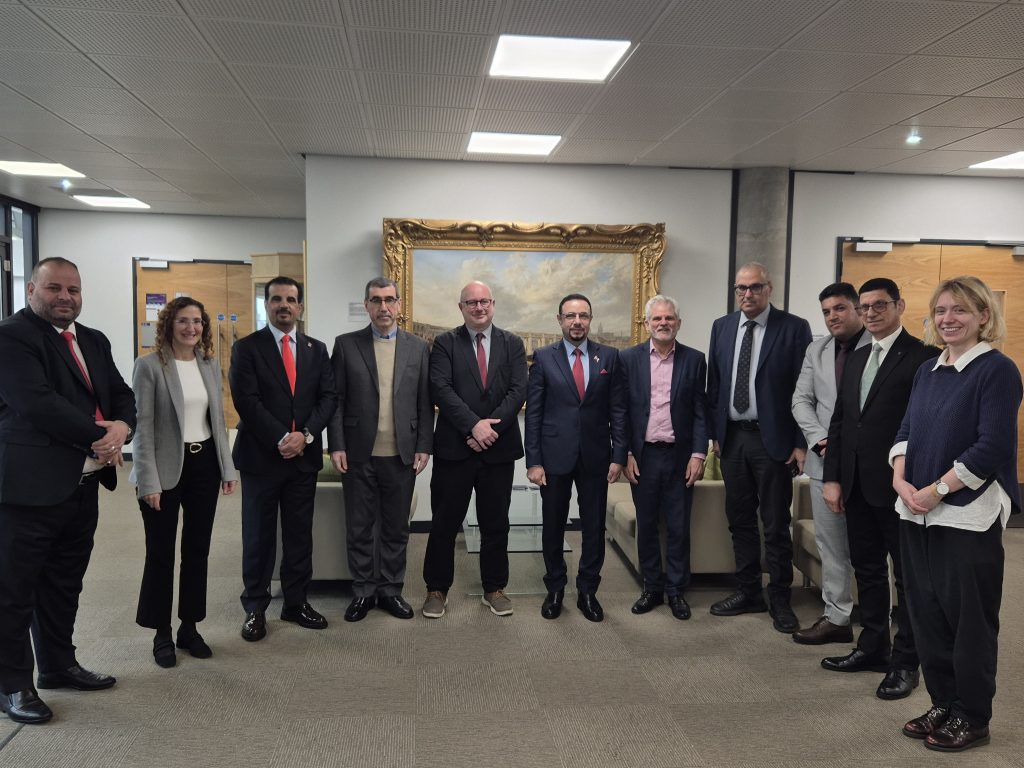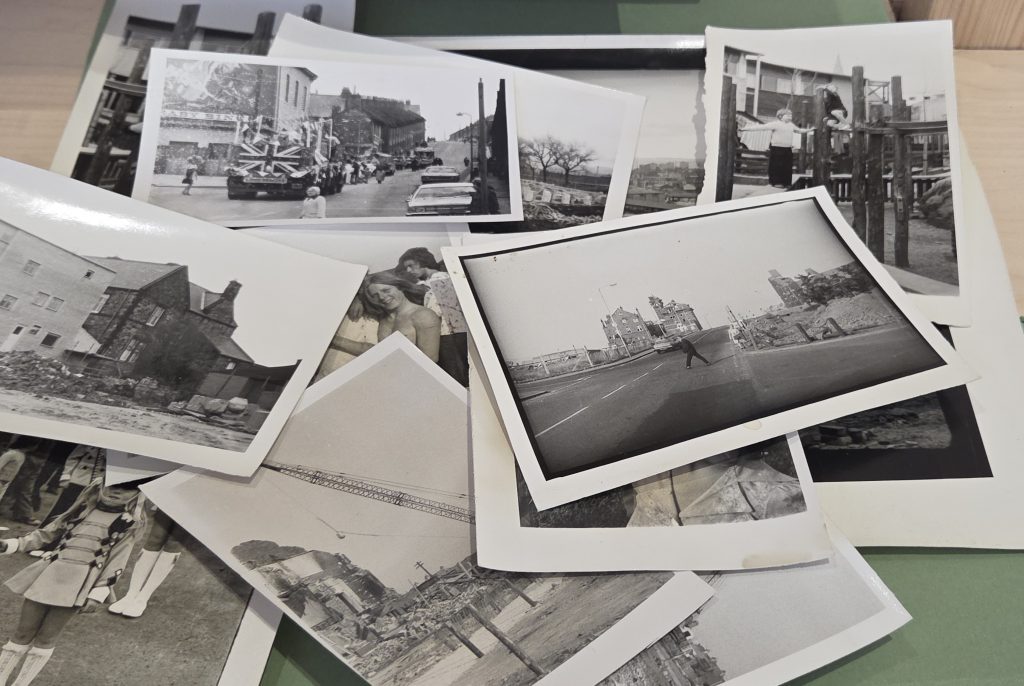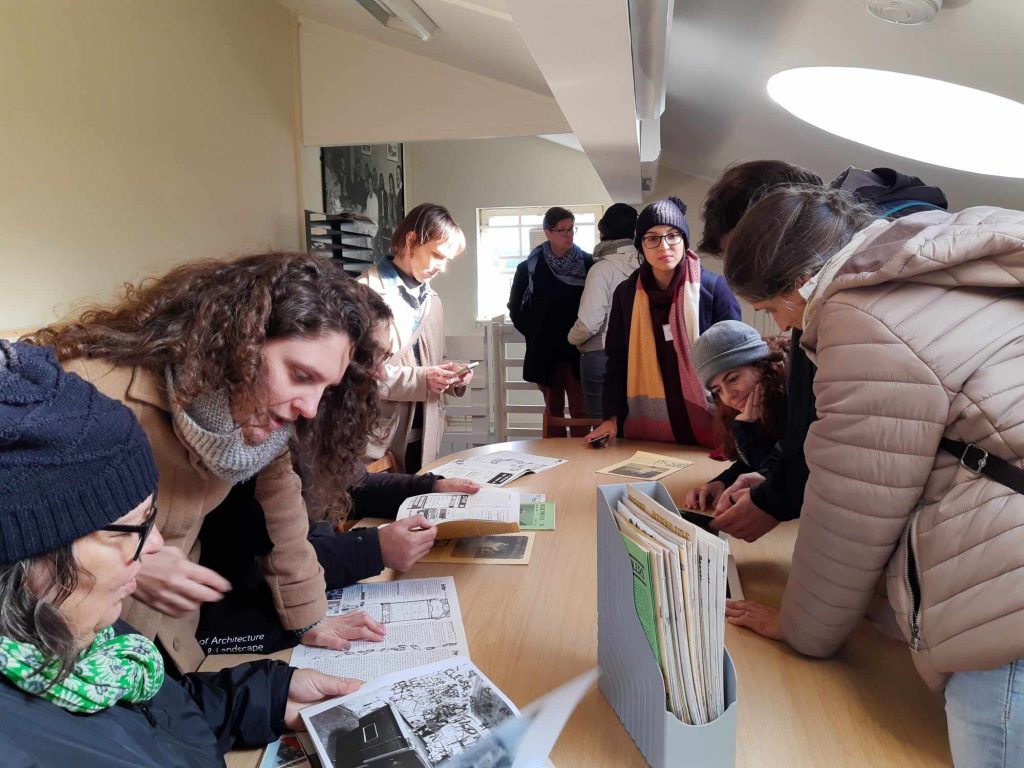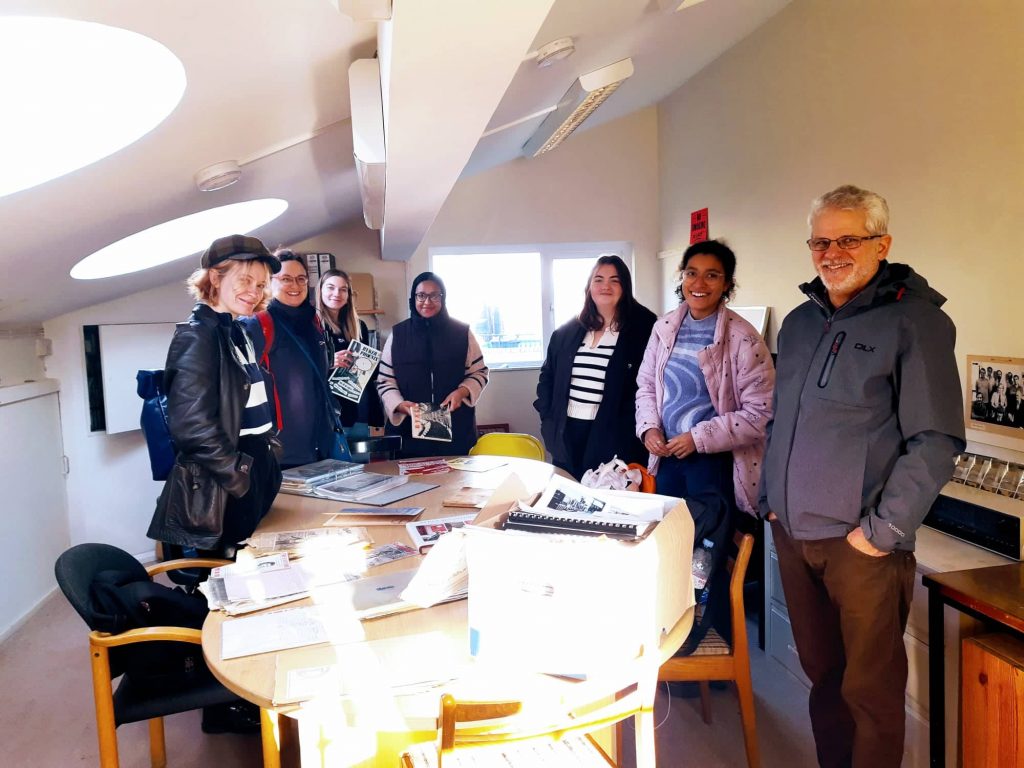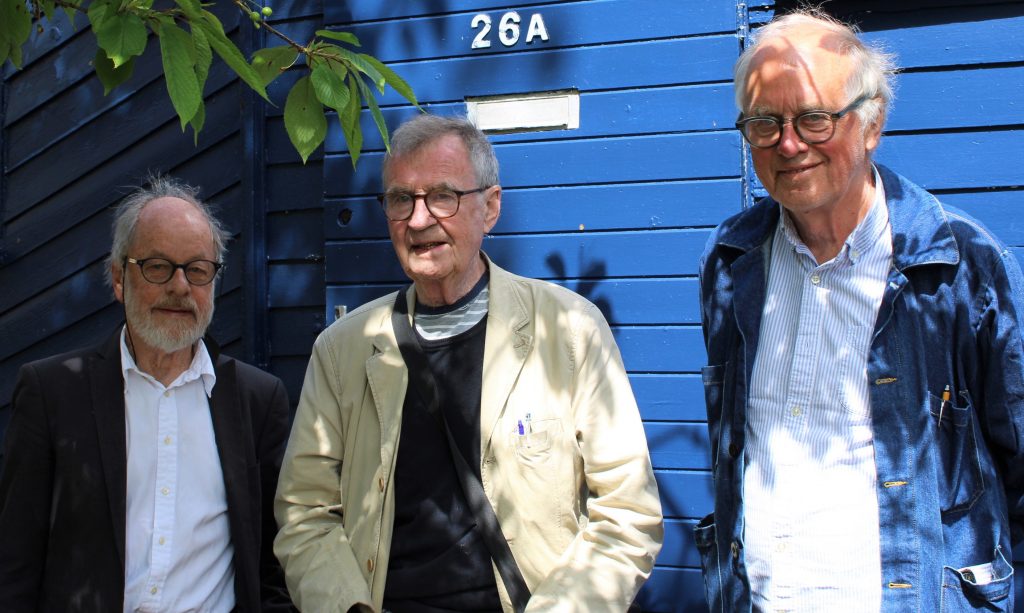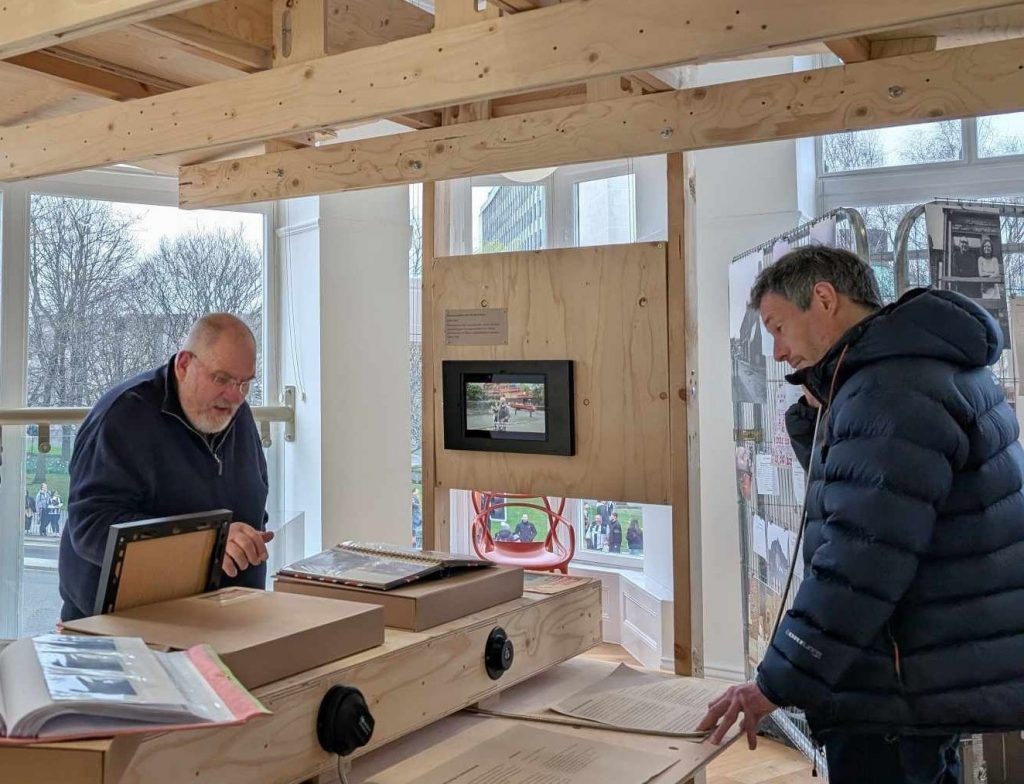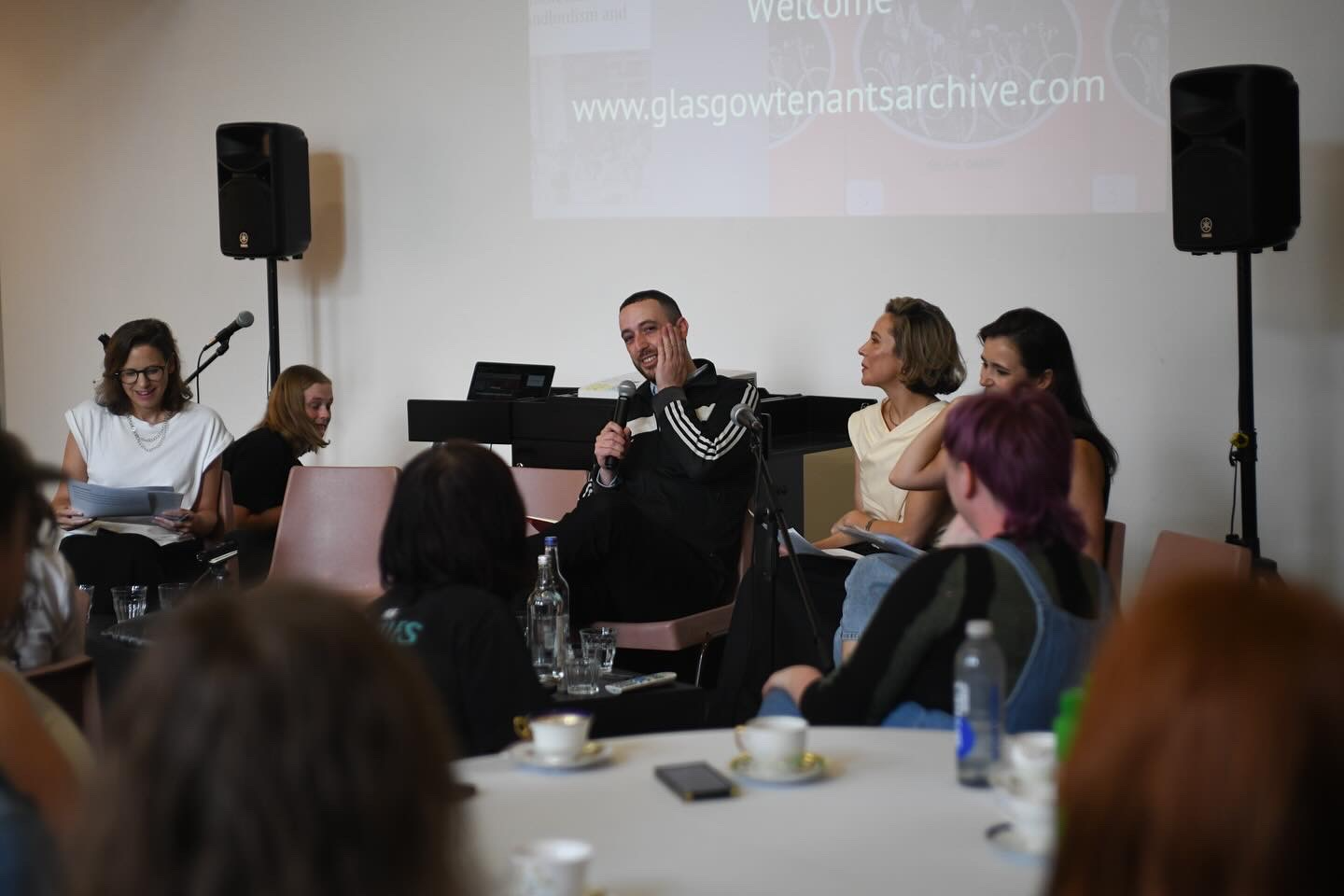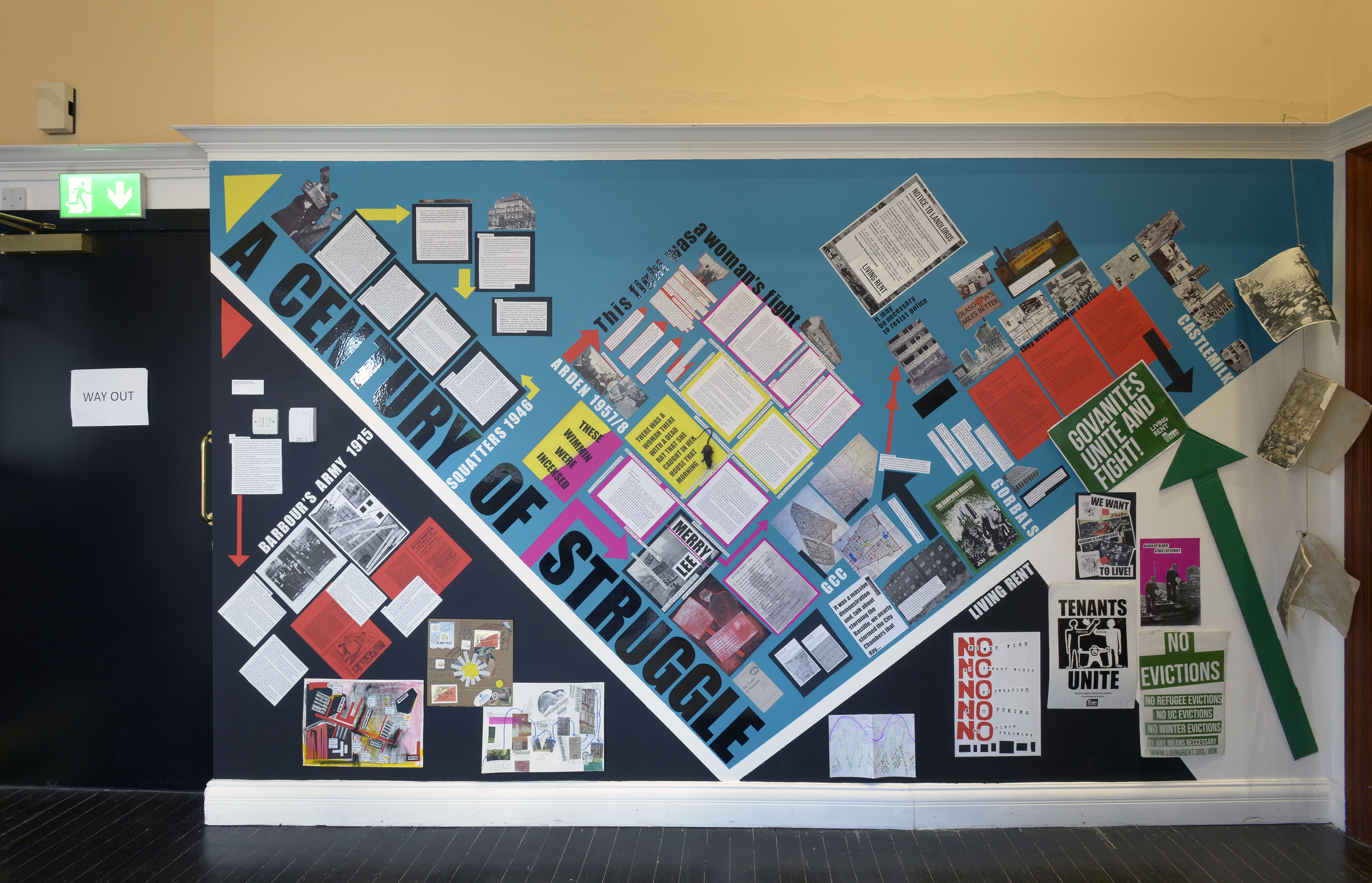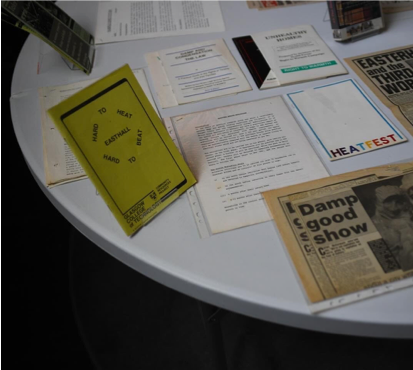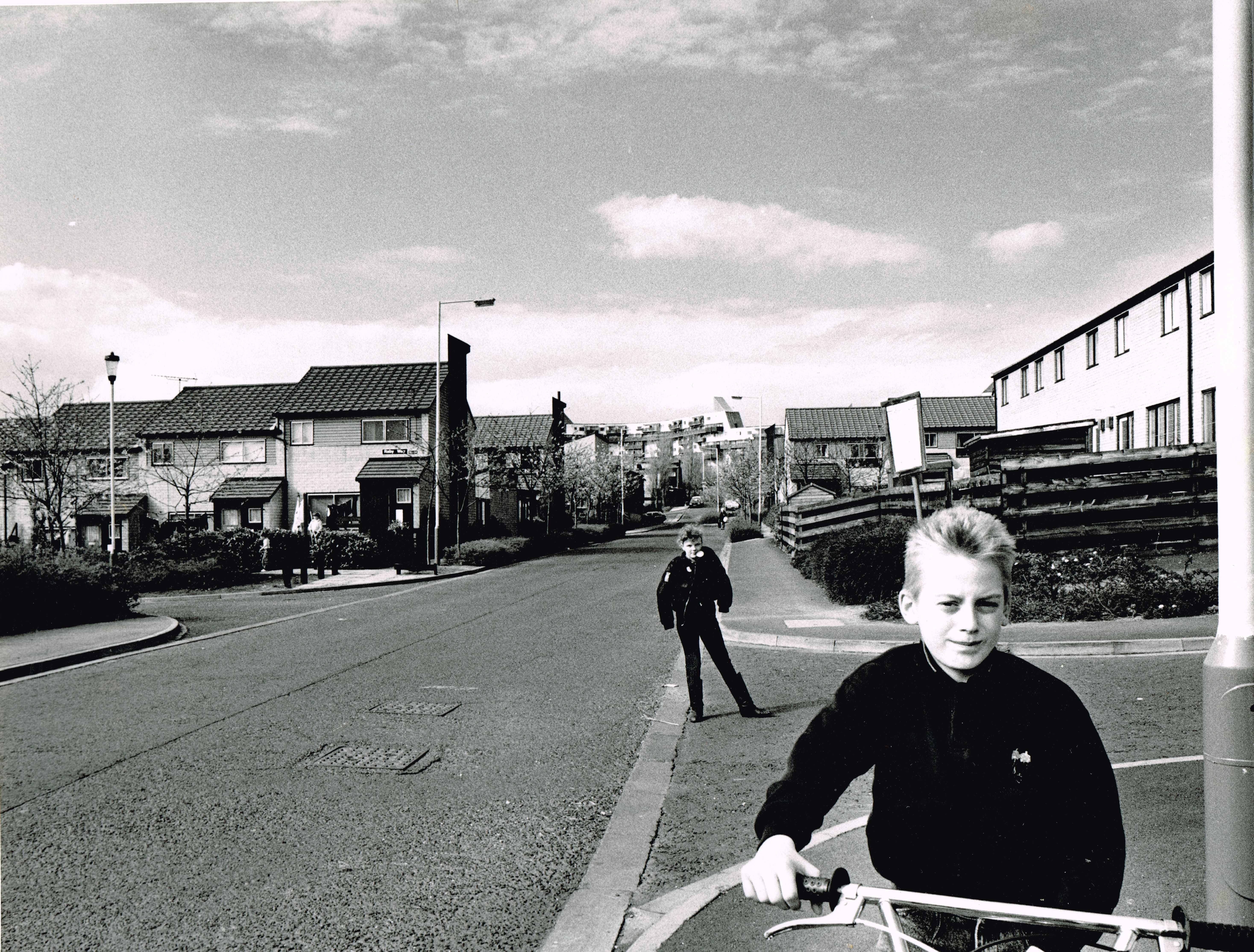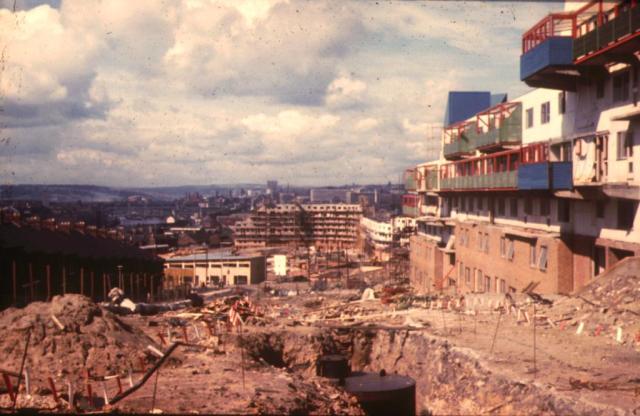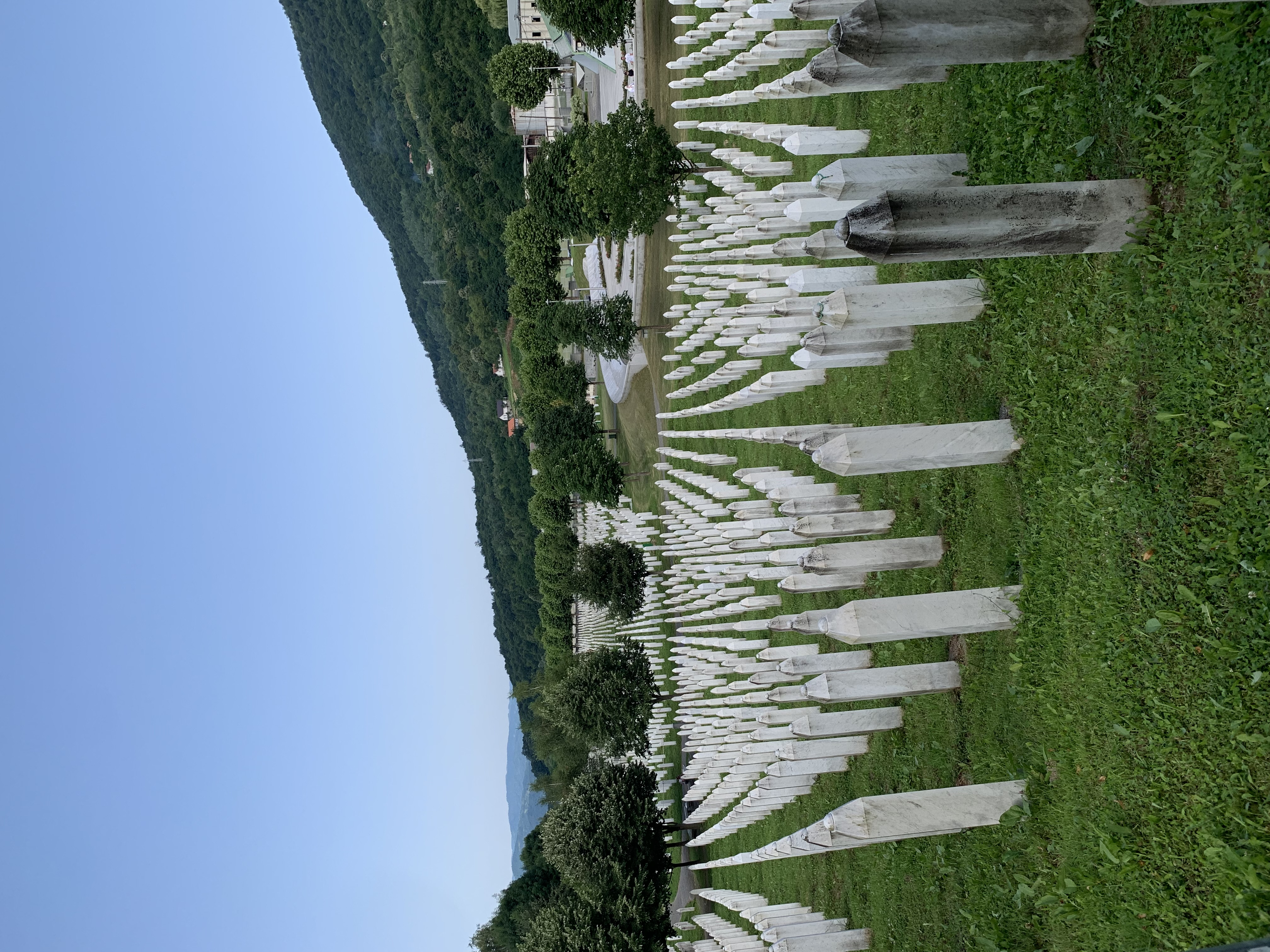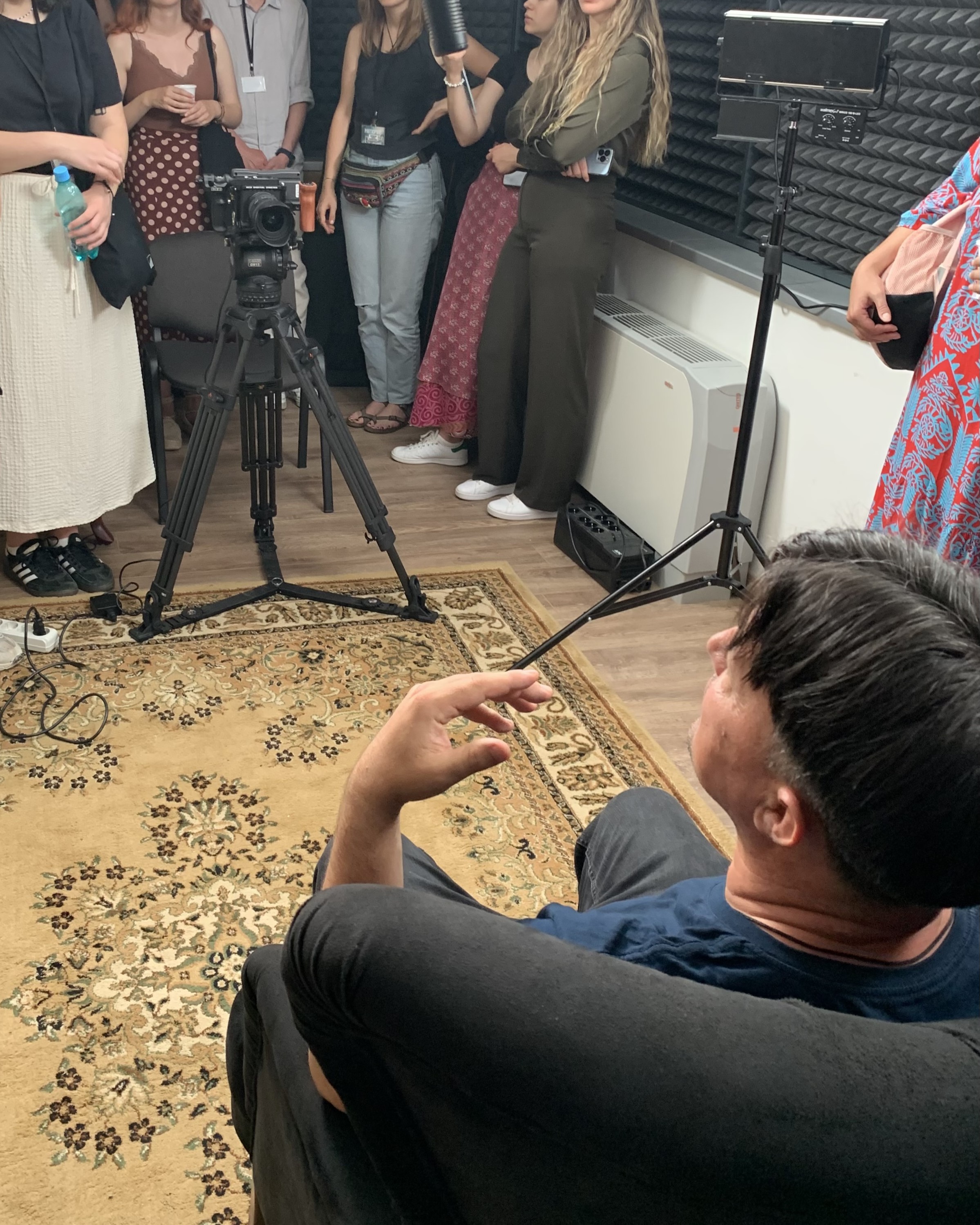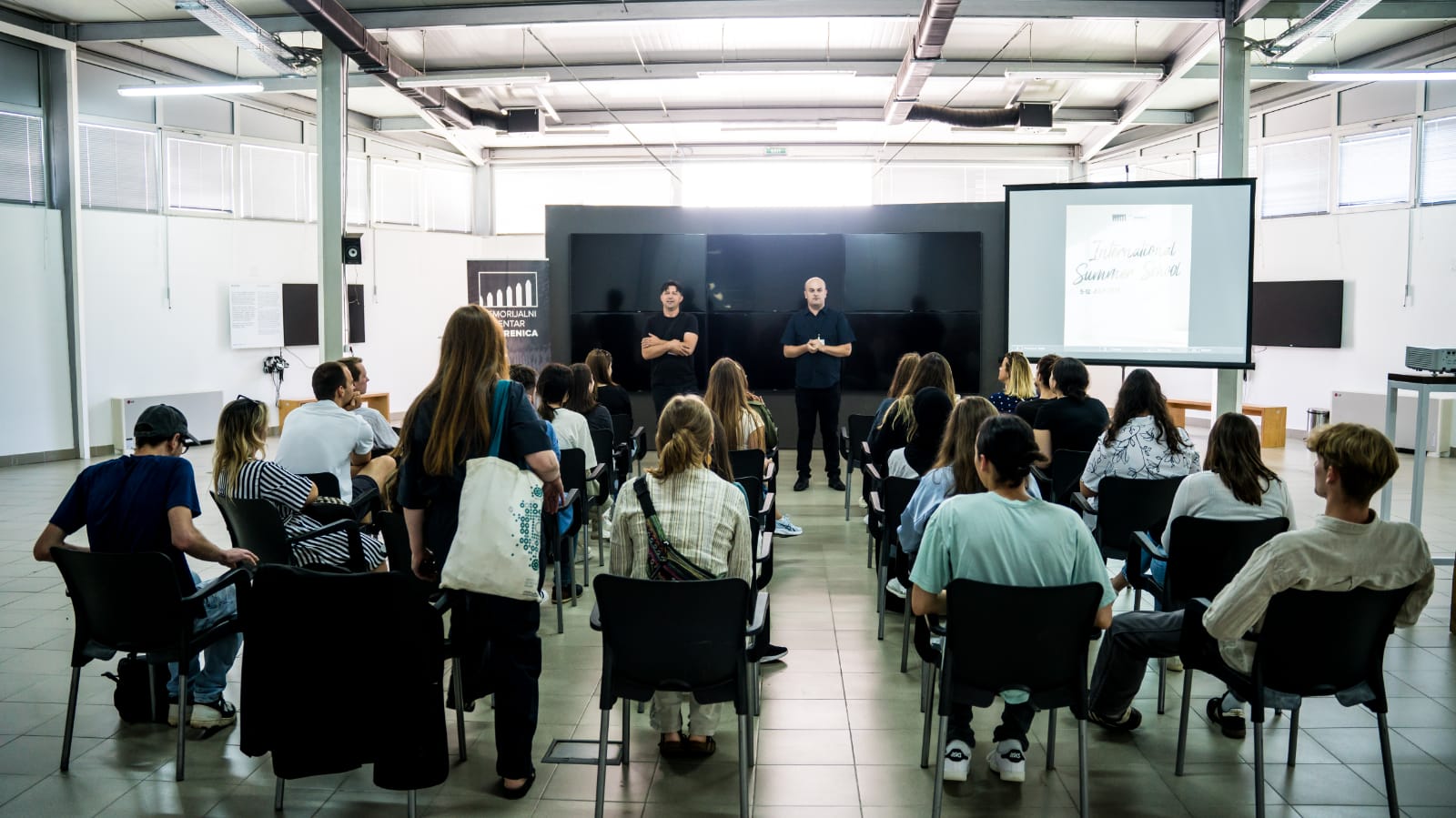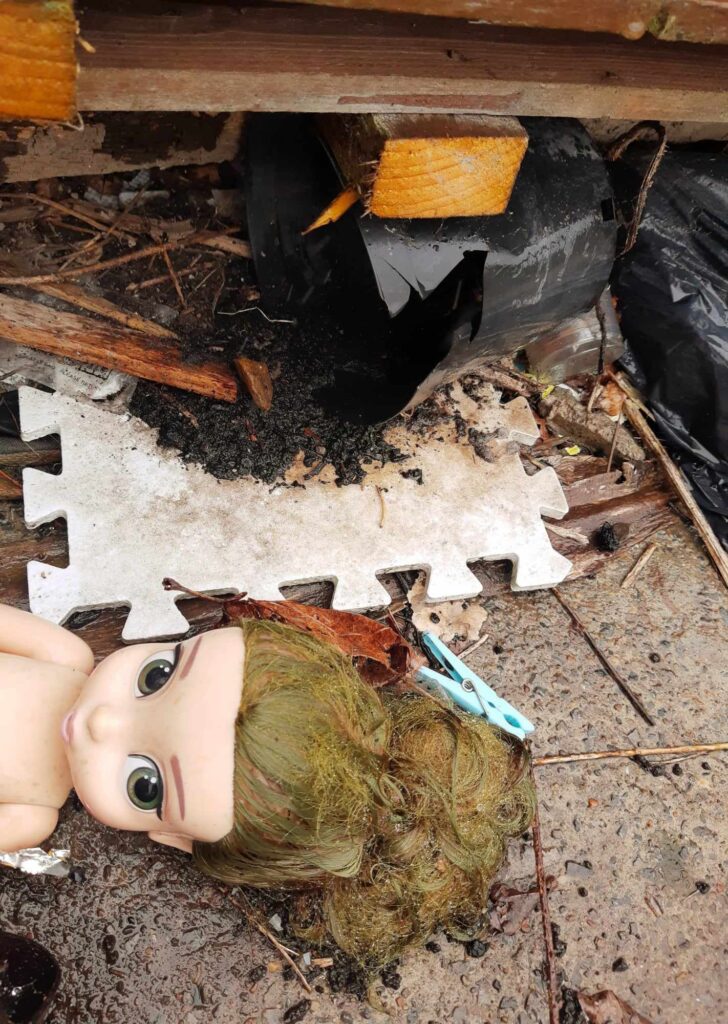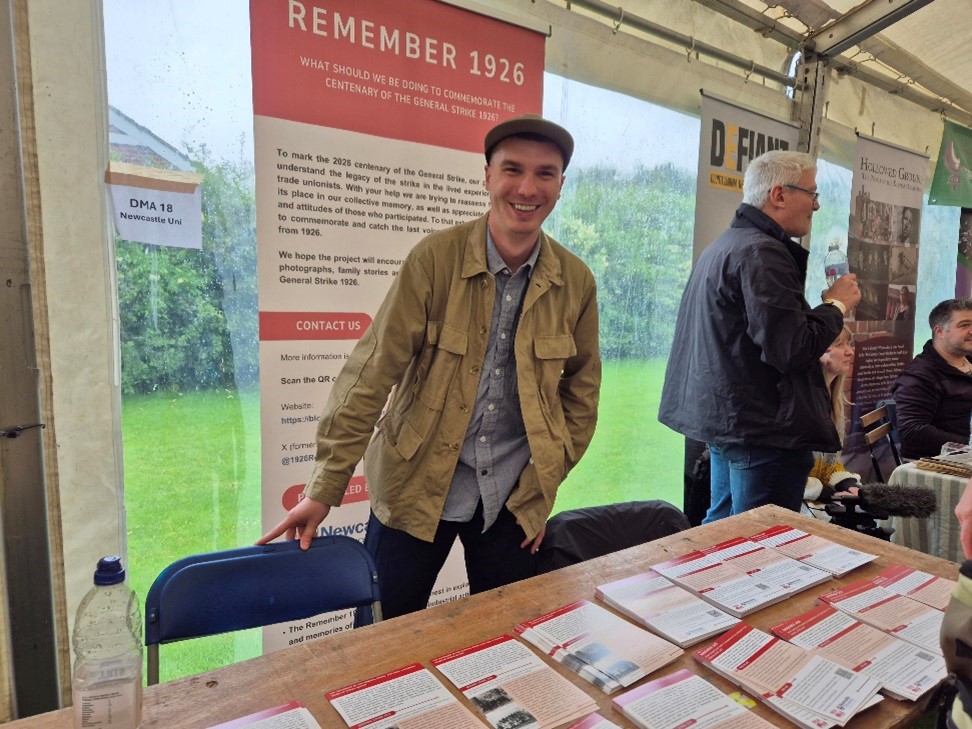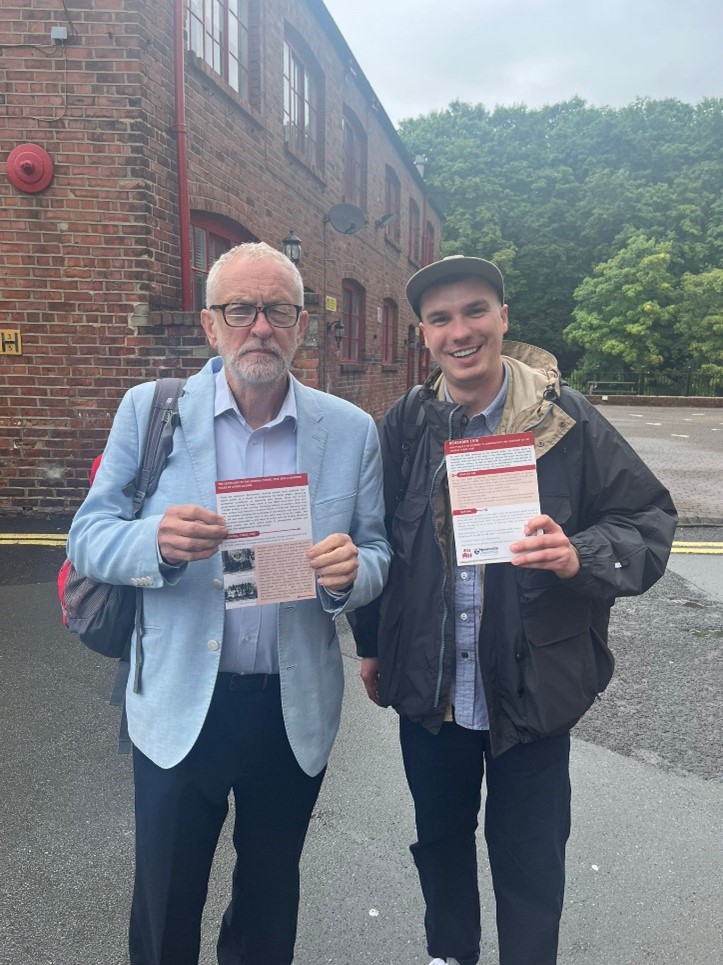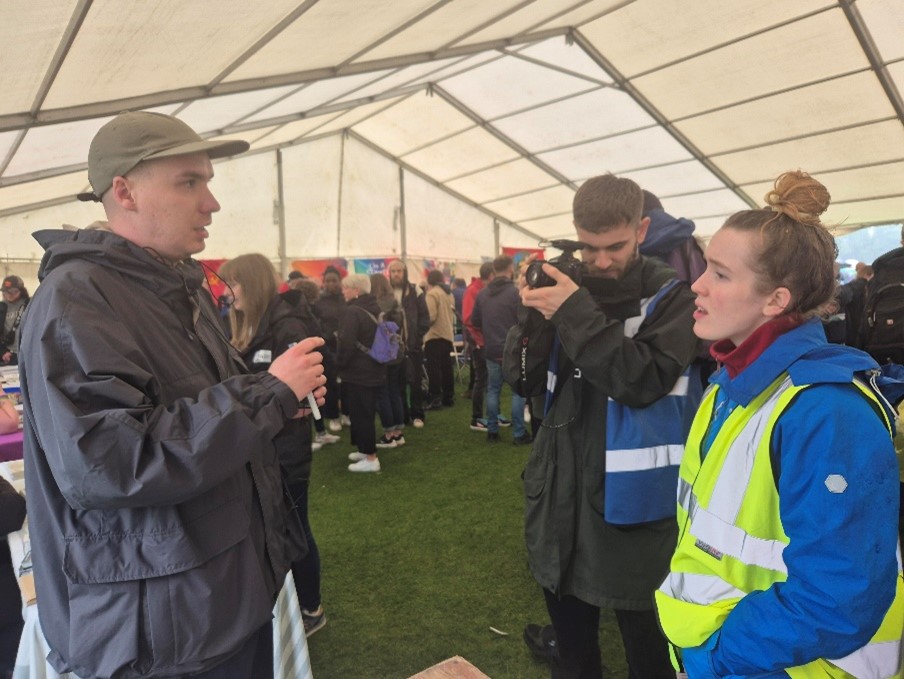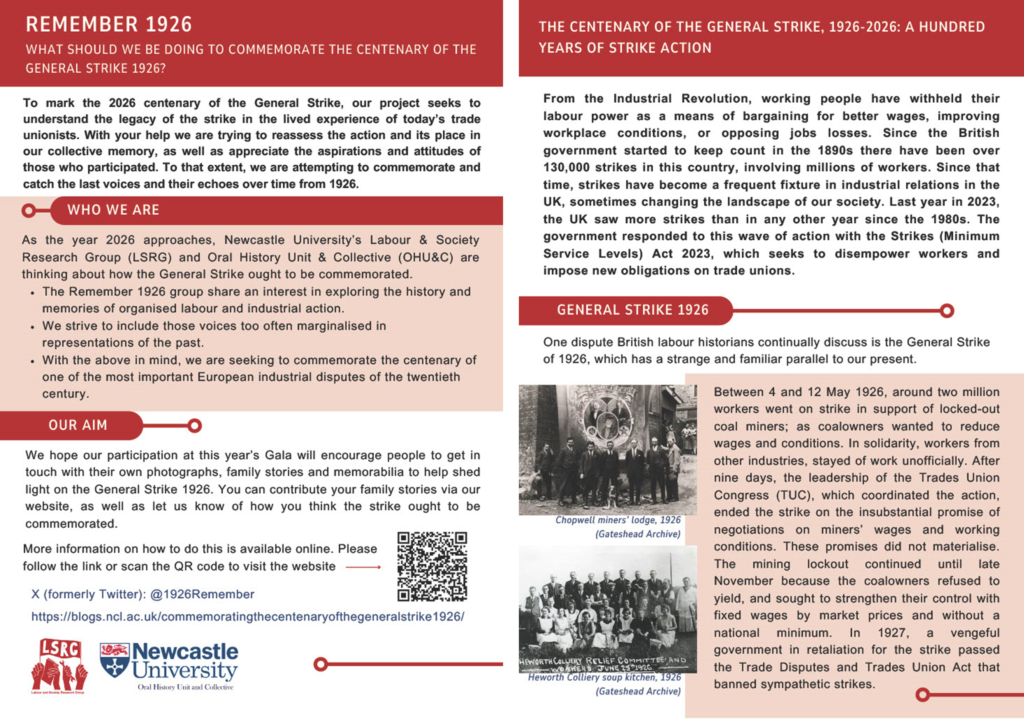Sally completed an undergraduate degree in Architectural Design at Edinburgh University and an MSc in Town Planning at Newcastle University. She has extensive experience of working in the cultural sector in collections, programming and research and is currently a trustee at the Historic Towns Trust. Here, she describes her new project involvement with the Oral History Collective.
Green Corridors North East
The Green Corridors North East project, funded by the Arts and Humanities Research Council, is based on three green corridors in Gateshead, Durham City and South Teesside. The project brings together Newcastle, Teesside, Northumbria, and Durham Universities, the National Trust, local authorities and community organisations to explore how arts and humanities–led research can support more sustainable, inclusive, and community-centred approaches to place, nature and stewardship.
In addition to leading on the nature and natural heritage theme across all three corridors, my primary focus will be on Gateshead’s Tyne Derwent Way. Here I will be collaborating with researchers alongside staff at the National Trust, Gateshead Council, Tyne and Wear Building Preservation Trust, and community-based groups.
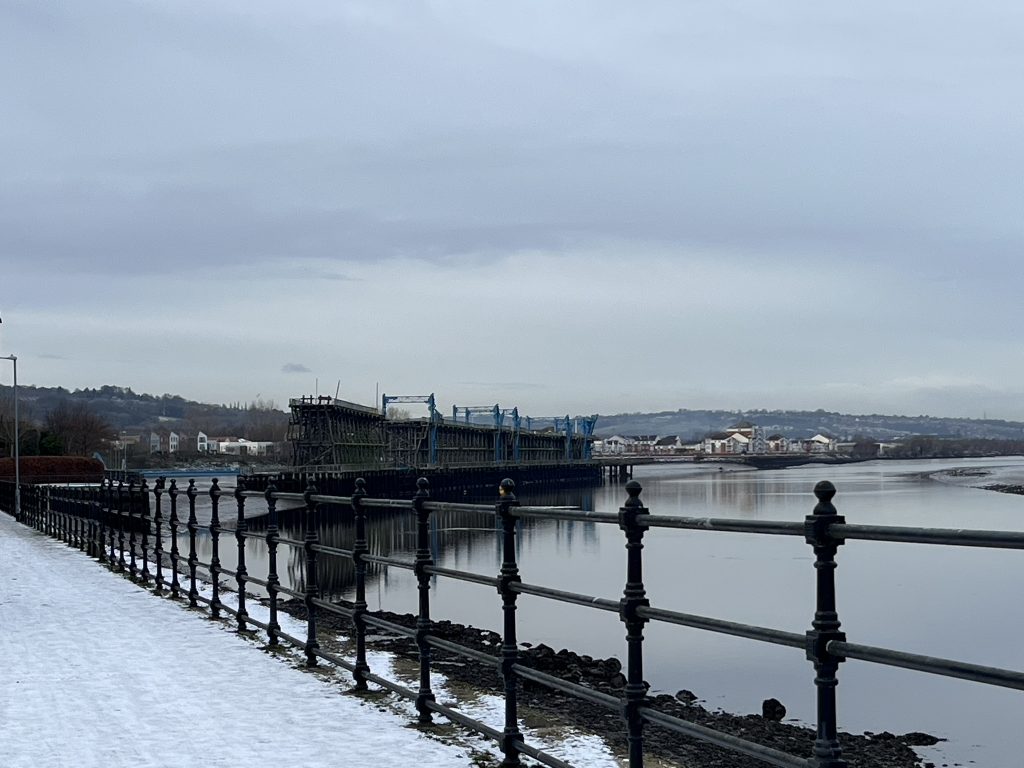
Byker Community Archive & Histories of Redevelopment
Alongside this, I will be working with Silvie Fisch, Director of Northern Cultural Projects and Oral History Collective Associate Researcher, who has been awarded funding from the Heritage Lottery Fund and Karbon Homes to develop a community archive in Byker. Hannah James Louwerse and I share the role of archivist and will be helping Silvie to set up the archive in the coming months.
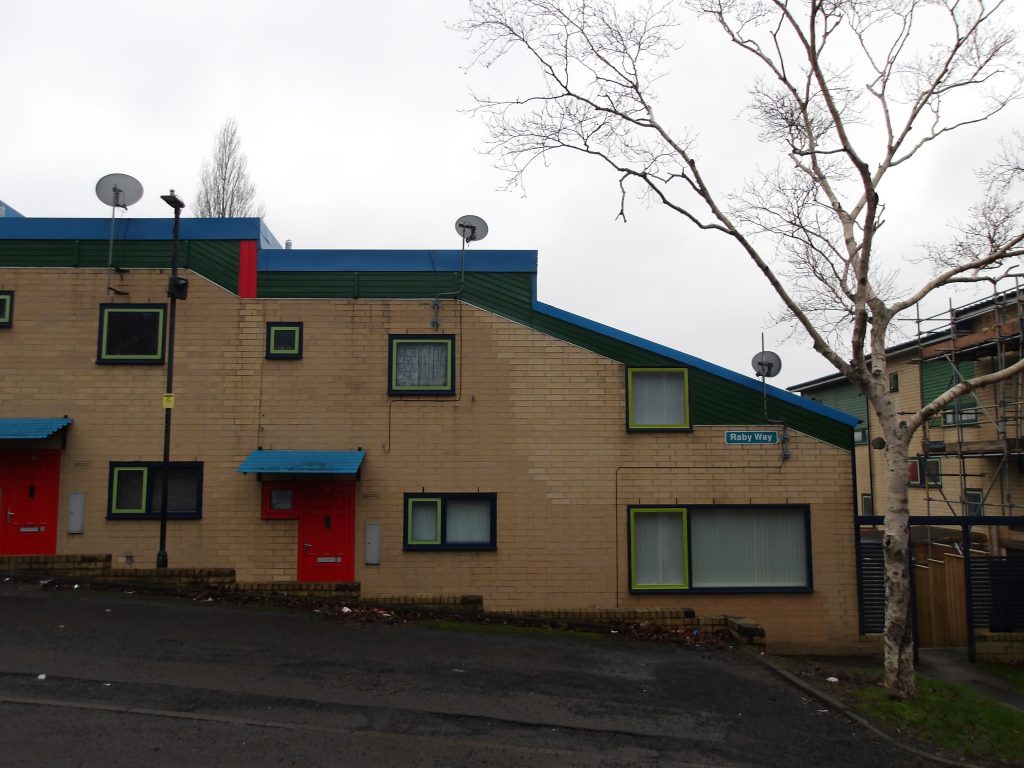
My involvement in the Byker Community Archive began when I met Silvie whilst undertaking my doctoral research at Newcastle University. My PhD and subsequent Postdoctoral Fellowship, both funded by the Economic and Social Research Council, examined the history of post-war housing, landscape design and children’s outdoor play in Newcastle upon Tyne. Alongside archival research, I undertook oral history interviews with professionals who had worked on the redevelopment of the Byker neighbourhood 1969-1983, including architects, landscape architects and planners, and people who had grown up in Byker during and after the redevelopment.
I am interested in oral history as a method for understanding children’s lives in the past and changing ideas about children and childhood over time. In particular, I am interested in how such ideas have shaped and continue to shape children and young people’s geographies of play and mobility. In my previous research, I examined the design, governance and policing of housing, streets, parks, playgrounds and other urban spaces and used go-along interviews to explore childhood experiences of these places. I am looking forward to collaborating with communities, including children and young people, on projects along the Tyne Derwent Way.

